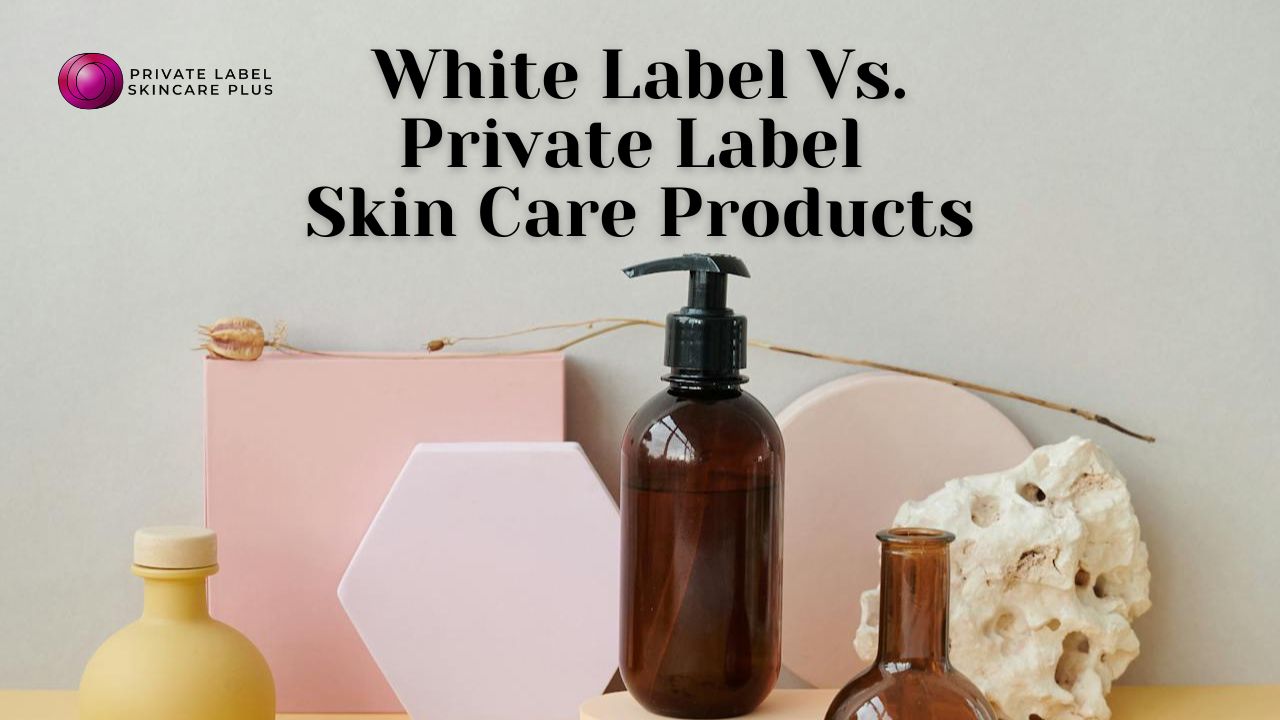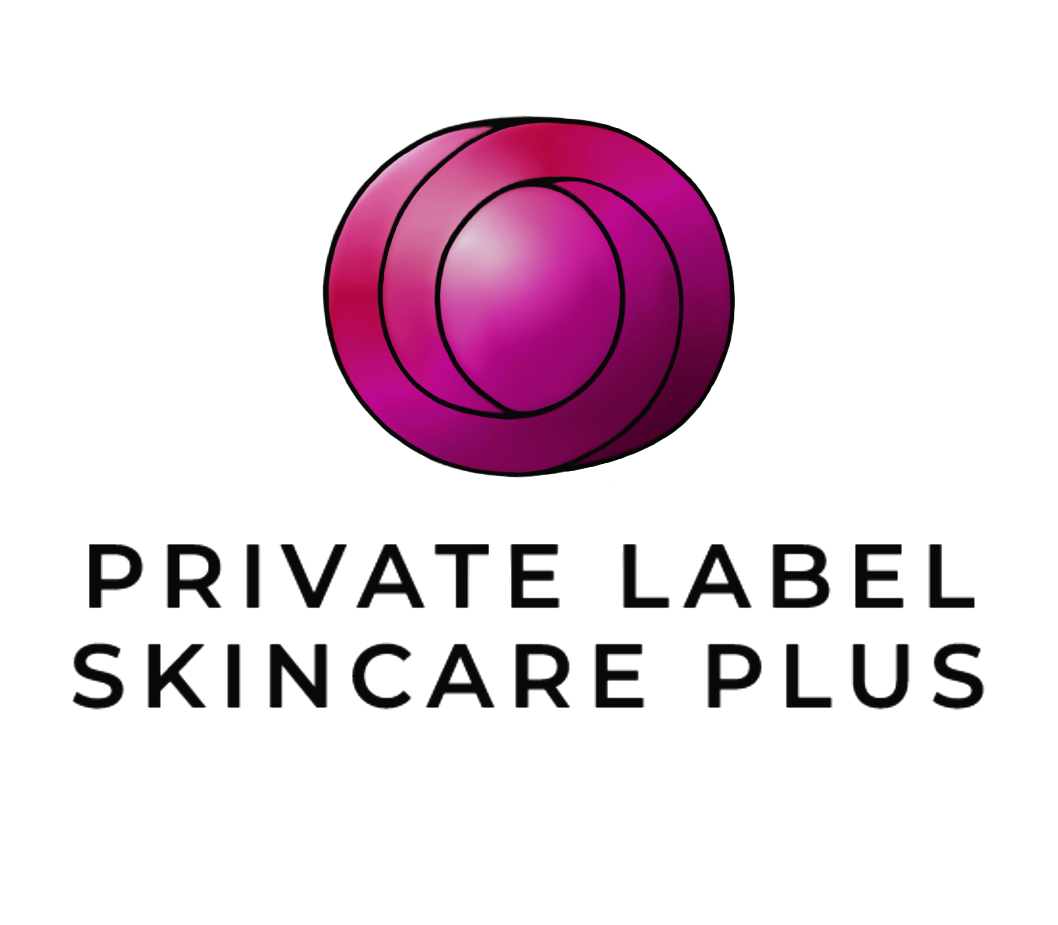In the fast-paced world of commerce, where businesses constantly innovate to meet consumer demands, grasping the intricacies of product branding holds paramount importance. Entrepreneurs frequently find themselves puzzled by strategies such as “White Label” and “Private Label” products. Despite their seemingly straightforward nature, these terms encapsulate nuanced approaches to marketing and sales.
In this article, we’ll know more about the difference between white label and private label products, deconstructing their definitions, features, and uses to assist you in making informed business decisions.
What are Private Label Products?
Private label products are made especially for a particular store or business and sold in their name. This helps the store create its own brand without having to manufacture the products themselves. It lets the brand control how the products look and work, giving customers a more personal shopping experience.
Moreover, private label products often undergo rigorous quality control measures, guaranteeing products that meet high standards of excellence. In essence, private label arrangements empower a business to curate a product range that reflects its identity, values, and commitment to customer satisfaction.
What are White Label Products?
White label products are items made by companies and sold to various shops or businesses. These products don’t have a specific brand so you can put your own logos and labels on them. This process of adding their own branding is called “white labeling.”
Essentially, it will let you sell products that look like they’re your own, even though another company manufactured them. Therefore, white label products empower sellers to offer a diverse range of items that resonate with their customers, enhancing brand loyalty and fostering long-lasting customer relationships.

Differences between Private Label and White Label Products skin care products
Now, let’s address the elephant in the room and see what is the difference between white label and private label products in detail.
1. Brand Ownership and Control
In the case of private label skin care products, you will have a lot more control over your branding. You will have the flexibility to create the product exactly how you want or design it for specific skin care needs. For example, you could tweak the formula to include anti-aging ingredients like Vitamin E and brand the product to a specific segment of buyers, i.e. women aged 30 or older. On the other hand, in the case of white labeled products, the manufacturer has more control over the product, and you will have to restrict your marketing/branding according to the nature of the product.
2. Customization Options
Private labeling empowers sellers with an array of options to modify not only the appearance, packaging, and design of products but also the quality and features to align with their unique brand identity and customer preferences. Whereas white label products offer a more limited scope for customization. In that case, you can only incorporate your branding elements, and substantial alterations to the product itself are restricted.
3. Time and Cost Considerations
Creating private label skincare products indeed demands a significant investment of time and financial resources, as the process involves meticulous planning, design, and production. For instance, if you wish to offer a specialized line of anti-aging products, then you can collaborate with manufacturers to formulate unique serums and creams. However, white label products offer a valuable solution by being pre-manufactured, saving considerable time and money for sellers. These ready-made products allow you to swiftly enter the market, capitalizing on existing designs and functionalities.
4. Exclusivity
Private label products are unique because they are exclusively crafted for a specific seller, making that store unique. They carefully differentiate your brand from others in the market. This tailored approach not only sets you apart from competitors but also fosters a sense of loyalty among customers, who appreciate the unique offerings available only to you. In contrast, white label products, although practical, are not unique. They can be sold by many different sellers and are not exclusive to any specific seller.
5. Risk and Responsibility
Private Label skin care products indeed require you to invest significant effort. As a seller, you must not only create the product but also ensure its high-quality standards and handle the marketing aspects. However, white label products shift a substantial portion of these responsibilities onto the manufacturer. This way, you can ensure the products meet industry standards and quality benchmarks without having to oversee every aspect minutely. For example, you can opt for private labeling to create a unique line of organic facial creams. You would actively participate in the formulation and design of a marketing strategy to promote the brand. But with white labeling, you could choose a pre-existing, high-quality facial cream from a manufacturer and sell it under their brand name.
Conclusion
You can use private label skin care products to establish a unique brand identity and develop exclusive product lines. Similarly, white label products offer a convenient and budget-friendly method to diversify product offerings.
Ultimately, align your decision between private label and white label products with your business objectives, available resources, and target audience. Understanding the difference between white label and private label approaches empowers you to navigate retail and e-commerce, enabling you to make decisions that boost your brand presence and effectively meet customer needs.


